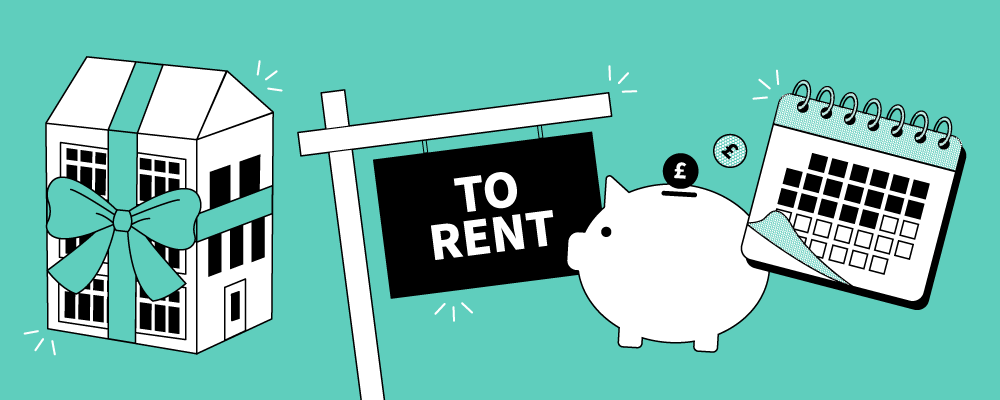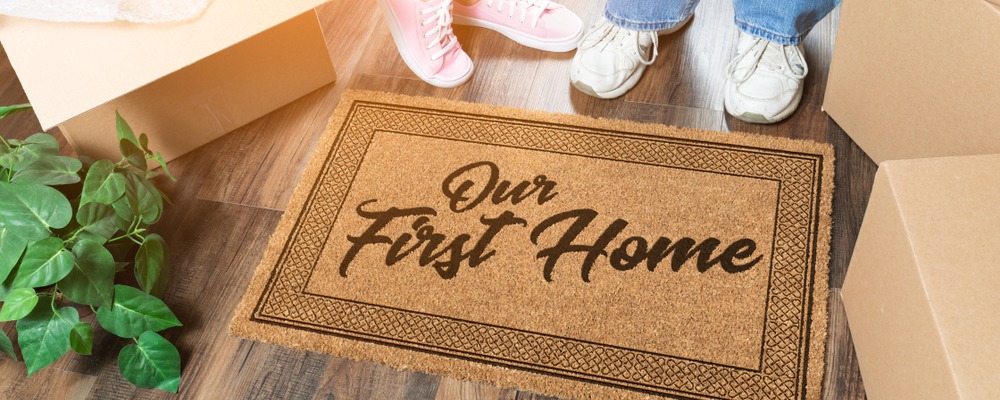
There’ll be a variety of monthly costs you’ll need to budget for as soon as you move into your new home, with the biggest being the mortgage. You’ll know from the outset how much your monthly payments for this will be as it will have been agreed as part of the mortgage offer.
However, there may be some other costs you haven’t necessarily thought about, that you’ll need to budget for.
Insurance
Buildings insurance will need to be in place as a condition of the lender providing you with a mortgage. You should also look to have contents insurance too, with the two often combined.
If you already have contents insurance, before moving day, check that it includes moving home insurance which will cover your possessions while they are in transit.
If you’re buying a property with your partner, you may wish to also both take out life insurance policies, although this isn’t a prerequisite for the purchase.
Council tax
How much you pay for your council tax will depend on the value of your home and the charges in your area. In England the council tax bands run from A as the lowest to H as the highest. The actual annual cost for each band is set by the local authorities.
You’ll pay council tax monthly across the financial year (April to March), although in some areas you’ll do so across 10 months, with no payments in February and March. Contact the local authority as soon as you can after moving in to get everything set up and avoid missing any payments.
If you do miss payments for any reason, your local authority may ask for full payment of the annual fee which could severely impact your budget.
Ground rent and service charges
For those buying a flat or leasehold property, there will be either monthly or quarterly costs you’ll need to factor in to your budget. This is for the ground rent and services charges for the maintenance and upkeep of the building.Utility bills
When you first move into a property, if the previous occupier has informed the utility companies of the change of ownership, you’ll automatically be placed on the standard tariff for water, electricity and gas. Often this won’t be particularly cost effective, so make sure you shop around for the best deal and switch as soon as you can to save on your monthly budget. You’ll also need to factor in other household bills, such as phone, internet and a TV licence.Maintenance and repairs
If you’re a first-time buyer, one thing you won’t always be prepared for is the costs associated with the upkeep of your new home. Where once a landlord may have sorted out any issues with your home, as a home owner it will now be up to you to keep on top of things and ensure your home is running as it should.
Obviously, you can’t budget for exactly when unexpected things occur, but you should keep some money available which you can dip into if needed. If purchasing a new build, your maintenance costs should be lower, because everything will be new when you move in. To try and reduce the likelihood of an unexpected expense, ensure you get your boiler serviced annually and your electrics checked every five years.
Being a homeowner is a huge step in life and brings with it budgets and responsibilities. It pays to understand everything up front and be fully prepared for any expenses.


